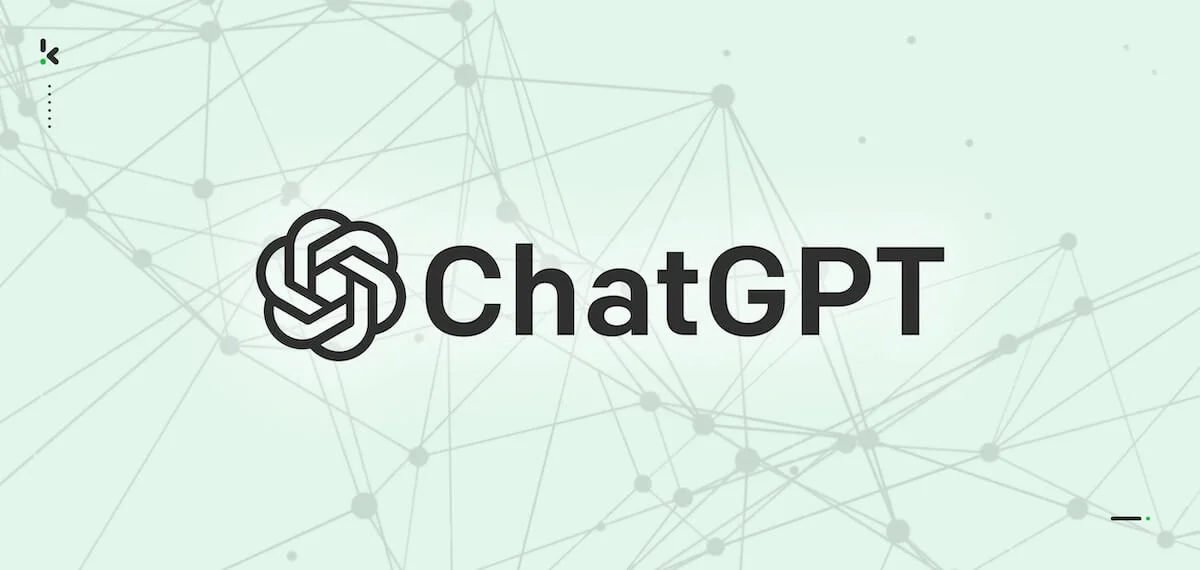ChatGPT + Social Work: A Revolution
Social work is a profession that has always been dedicated to improving the lives of individuals, families, and communities. In recent years, technological advancements have provided new opportunities for social workers to achieve this goal more effectively. One of these advancements is ChatGPT, an artificial intelligence (AI) language model developed by OpenAI.
ChatGPT has the ability to process and understand large amounts of data and provide accurate and relevant responses to user inquiries. In the field of social work, ChatGPT has the potential to be a valuable tool for social workers, providing support and resources to clients, streamlining administrative tasks, and enhancing the quality of services provided.
What can ChatGPT be used for in Social Work?
One of the most exciting applications of ChatGPT in social work is its potential to improve access to mental health services. ChatGPT can provide a convenient and accessible way for individuals to receive support and treatment for mental health issues, reducing barriers to care such as lack of transportation or geographical barriers. Additionally, ChatGPT can provide real-time support to social workers, allowing them to provide more informed and effective services to their clients.
Another important use of ChatGPT in social work is in the area of case management. Social workers often handle a large number of cases and must navigate complex systems to provide the best services to their clients. ChatGPT can assist social workers by providing information and resources, streamlining administrative tasks, and reducing the workload for social workers, allowing them to focus more on direct client services.
In addition to these practical applications, ChatGPT can also be used for training and education purposes in the field of social work. ChatGPT can provide social work students and practitioners with a unique opportunity to practice their skills and improve their knowledge of the profession in a safe and controlled environment.
What Problems in the Social Work industry can ChatGPT help solve?
1. Limited Resources
Social work organizations often have limited resources, making it difficult to provide the necessary support to all individuals in need. ChatGPT can help address this issue by providing a virtual assistant that can answer questions, provide resources, and assist with administrative tasks, freeing up social workers' time and increasing their efficiency.
2. Increasing Demand for Services
The demand for social services is growing rapidly, and social work organizations must find ways to keep up. ChatGPT can help alleviate this pressure by providing virtual support to individuals seeking assistance. This can include answering common questions, providing self-help resources, and directing individuals to the appropriate resources or services.
3. Shortage of Trained Professionals
The social work industry is facing a shortage of trained professionals, making it difficult to meet the growing demand for services. ChatGPT can help address this issue by providing virtual support to social workers, allowing them to focus on the most critical cases and improving their overall efficiency.
4. Limited Access to Services
Many individuals and communities have limited access to social services, often due to geographical or financial barriers. ChatGPT can help address this issue by providing virtual support to individuals who may not have access to traditional social services. This can include providing resources and support for individuals in rural areas, or individuals who may not have the financial means to access traditional services.
5. Quality of Services
The quality of social services is critical to achieving positive outcomes for individuals and communities. ChatGPT can help improve the quality of services by providing accurate and relevant information, resources, and support to social workers and individuals seeking assistance.
Take Part in the Revolution!
ChatGPT has the potential to revolutionize the field of social work, providing new opportunities for social workers to improve the lives of their clients and communities. By utilizing this technology, social workers can enhance the quality of their services, increase access to mental health care, and improve their overall efficiency and effectiveness. As ChatGPT continues to develop and improve, it will undoubtedly become an increasingly important tool for social workers to achieve their mission of creating a better world for all.
New Technology can be scary, especially with a field as complex as AI and Machine Learning. But just as industry has done with computers, the internet, and the cloud, the world should embrace AI, ChatGPT, and its cohorts. Other wise, those who do not will be left behind.



